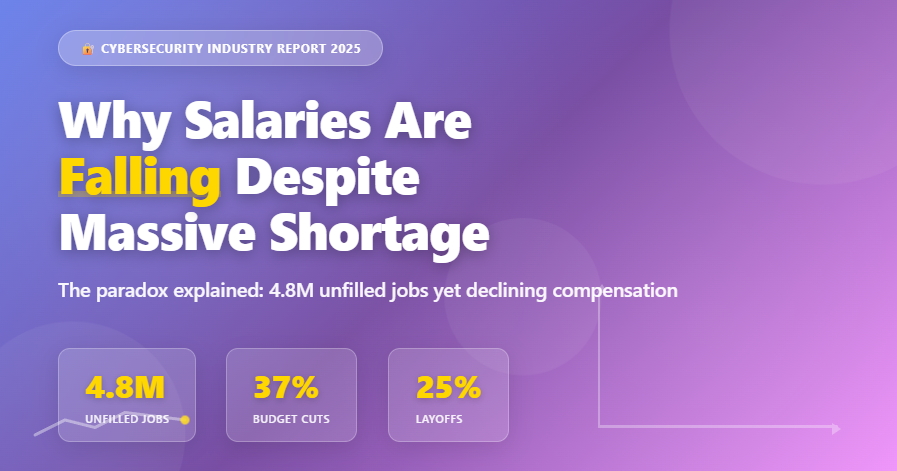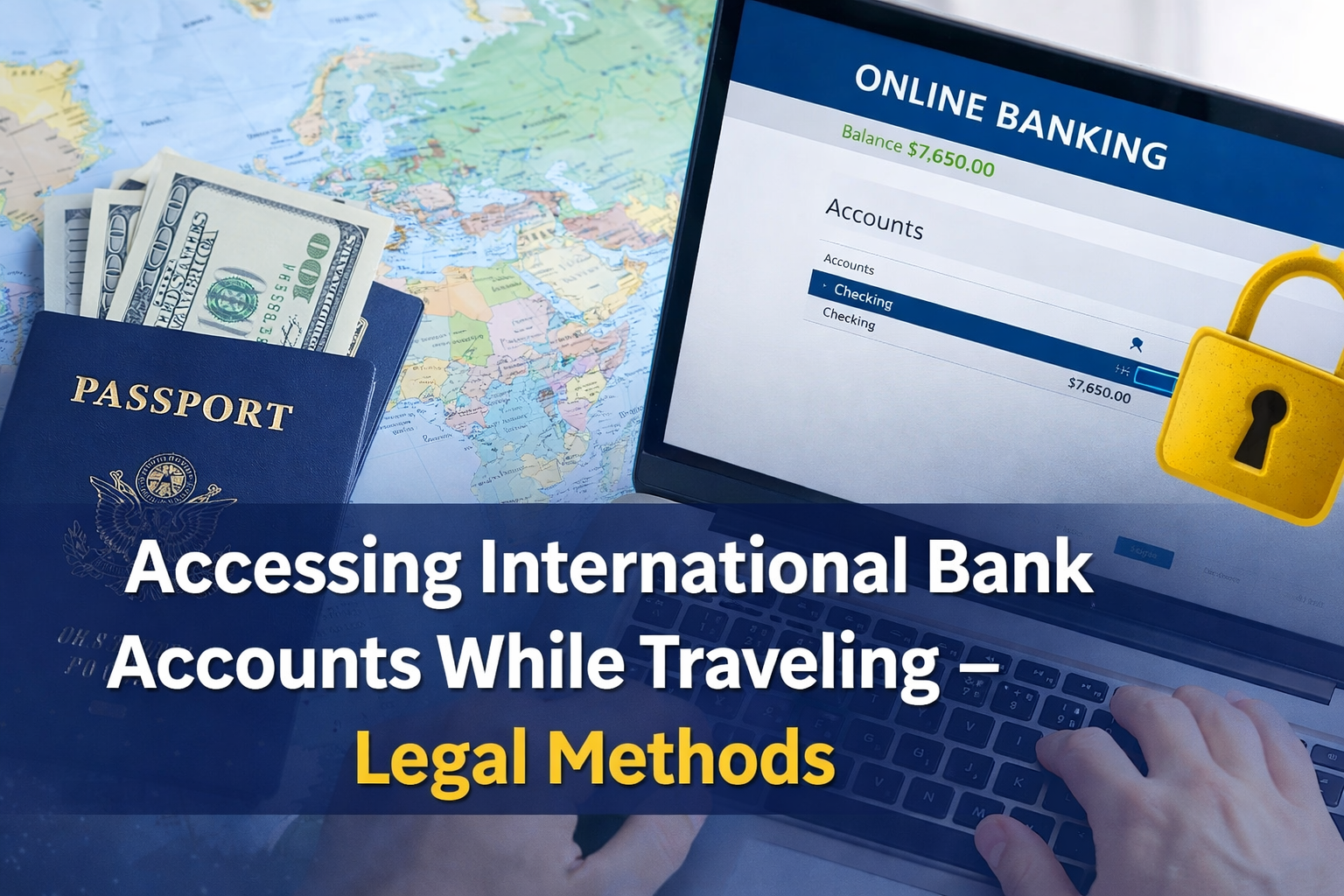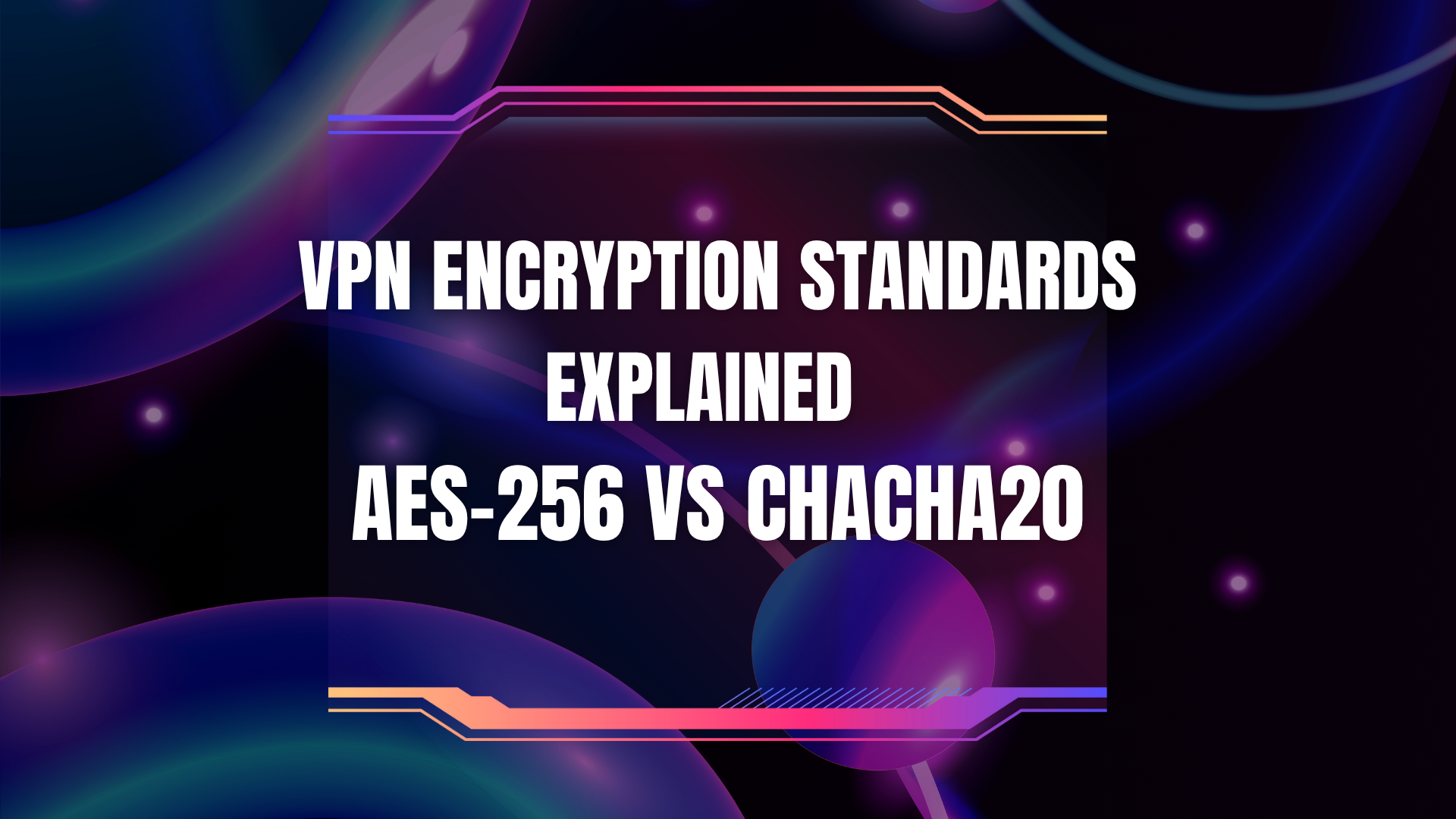Will VPN Apps Hack a Smartphone?

VPN (Virtual Private Network) programs have grown in popularity as useful tools for protecting online activity in a time when digital privacy and security are crucial. Still, there is reason to be concerned about the security of VPN apps in general. Können VPN apps spoof a mobile device? This post discusses the dangers, how to pick a safe VPN app, and the best ways to keep your gadget safe.
Understanding VPN Apps
What is a VPN?
By using a VPN, you can establish a safe, encrypted connection between your device and a VPN service provider’s remote server. This guarantees the privacy of your online activity, encrypts your data, and hides your IP address.
Common Uses of VPNs
- Privacy Protection: Concealing your IP address and location.
- Security: Encrypting data to protect against hackers.
- Accessing Restricted Content: Bypassing geo-restrictions to access content from different regions.
- Avoiding Censorship: Accessing blocked websites in restrictive countries.
Can VPN Apps Hack Your Smartphone?
Theoretical Risks
While reputable VPN apps are designed to enhance security, malicious VPN apps can pose significant risks. These risks can include:
- Data Harvesting: Some VPN apps might collect and sell user data.
- Malware: Certain VPN apps could contain malware that can infect your device.
- Phishing: Malicious VPN apps might redirect you to phishing sites to steal sensitive information.
Real-World Examples
There have been instances where VPN apps, particularly free ones, have been found to engage in unethical practices:
- Hola VPN: Accused of turning user devices into exit nodes for other users, potentially exposing them to illegal activities.
- SuperVPN: Found to have severe security flaws, making users vulnerable to man-in-the-middle attacks.
How to Choose a Secure VPN App
Research and Reviews
Examine the history of a VPN program and read reviews from reliable sources before downloading it. Look for any warning signs, such compromised data or unsatisfactory user experiences.
Company Transparency
Choose VPN providers that are transparent about their ownership, location, and data policies. Trustworthy companies often undergo independent security audits and publish transparency reports.
Privacy Policy
Carefully read the VPN’s privacy policy to understand how your data will be handled. Look for a strict no-logs policy, which means the VPN does not store any information about your online activities.
Security Features
Opt for VPN apps that offer strong security features, such as:
- AES-256 Encryption: The industry standard for data encryption.
- Kill Switch: Disconnects the internet if the VPN connection drops, preventing data leaks.
- DNS Leak Protection: Ensures that your DNS requests are encrypted and routed through the VPN.
Avoid Free VPNs
Free VPNs often come with hidden costs, such as data logging, limited features, and intrusive ads. Paid VPNs typically offer better security, privacy, and performance.
Best Practices for Using VPN Apps
Keep Your Device Updated
Regularly update your smartphone’s operating system and apps to protect against vulnerabilities.
Use Strong, Unique Passwords
Create strong, one-of-a-kind passwords for your other accounts and VPN app. To organize your credentials, think about utilizing a password manager.
Enable Two-Factor Authentication (2FA)
Enable 2FA for an added layer of security when logging into your VPN app and other accounts.
Regularly Review App Permissions
Periodically review the permissions granted to your VPN app and other apps on your smartphone. Revoke any unnecessary permissions.
Be Cautious with Public Wi-Fi
Frequently, public Wi-Fi networks lack security. When using public Wi-Fi, make use of your VPN app to safeguard your data from possible hackers.
Conclusion
Even though VPN apps are meant to improve your online privacy and security, picking a reliable and secure VPN provider is essential. You may greatly lower the chance of a VPN app infiltrating your smartphone by investigating VPN providers, comprehending their privacy rules, and adhering to best practices. Reputable VPN providers with a track record of upholding user privacy protection, such as CyberGhost, NordVPN, and ExpressVPN, provide strong security features.
Loading newsletter form...






